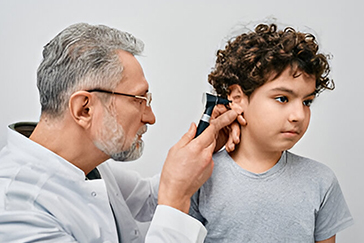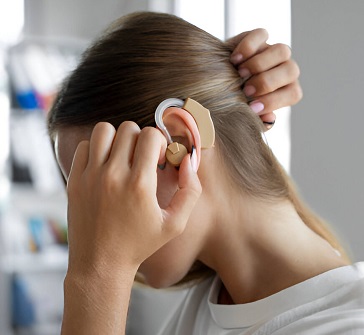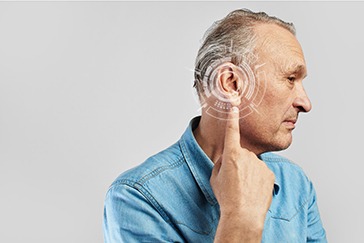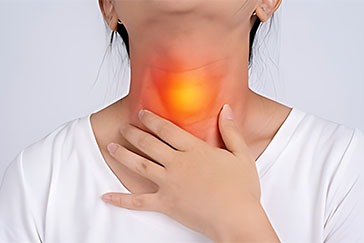 Book Appt.
Book Appt.
 Call Now
Call Now


Bell's Palsy is a relatively common and often misunderstood condition that affects the facial muscles, leading to facial weakness or paralysis on one side of the face. Named after Sir Charles Bell, a 19th-century Scottish surgeon, this condition can be sudden and alarming. However, with the right knowledge and timely treatment, most individuals with Bell's Palsy can recover fully.
Causes of Bell’s Palsy
The exact cause of Bell's Palsy remains unclear, but it is believed to be linked to viral infections, most commonly the herpes simplex virus (HSV-1) responsible for cold sores. When the virus reactivates and inflames the facial nerve, it can disrupt the nerve's normal function, leading to facial weakness or paralysis. Other viral infections, such as Epstein-Barr virus and cytomegalovirus, have also been associated with Bell's Palsy.
Symptoms
Bell's Palsy typically manifests with the following symptoms:
Diagnosis
Diagnosing Bell's Palsy typically involves a thorough medical history and physical examination by a healthcare provider. It is crucial to rule out other potential causes of facial weakness or paralysis, such as stroke or brain tumour. Diagnostic tests may include:
Treatment
The treatment of Bell's Palsy often depends on the severity of symptoms and the individual's overall health. Common approaches include:
Prognosis
The prognosis for Bell's Palsy is generally favourable. Most individuals begin to notice improvement within a few weeks, and the majority recover fully within three to six months. Some may experience residual weakness or other long-term complications, but these are relatively rare.
Complications
While Bell's Palsy itself is usually benign, complications can arise, including:
Outlook
Bell's Palsy is a temporary and often reversible condition characterized by facial weakness or paralysis, typically affecting one side of the face. While it can be distressing, especially when it appears suddenly, timely medical attention and appropriate treatment can lead to significant improvement and a good prognosis. If you or someone you know experiences symptoms of Bell's Palsy, seek medical advice promptly to ensure an accurate diagnosis and receive appropriate care. With the right treatment and care, most individuals with Bell's Palsy can smile again and regain full control of their facial muscles.
SHALBY Sanar International Hospitals provides extensive medical procedures backed up with our state-of-the-art technology and a team of highly qualified & experienced clinical experts.

Patient from Zimbabwe Treated by Dr. (Prof) Amit Kumar Sharma | SHALBY Sanar International Hospitals

Sudan’s Yiel Hoal Wei Regains Hearing with BAHA Surgery | Dr. Amit Kumar Sharma
Our doctors pen down their research findings and experiences from time to time. Their words provide deep insight into the latest techniques, technologies and other advancements in healthcare. It provides expert answers to all kinds of health questions for real-life issues.
VIEW ALL




Since the day of its foundation, SHALBY Sanar International Hospitals is committed to provide comprehensive healthcare services. It regularly organizes awareness programs in its premises and encourages outdoor healthcare activities and camps with an intent to put focus on preventive healthcare.
VIEW ALL